 |
Petra Kovacs |
We’re living in an unprecedented time during this global pandemic. So much has been impacted, including a consistent schedule for children now spending more time at home. With much of their usual routines altered or disrupted in some way, we’ve compiled tips for building simple structure back into your days.
Why Structure is So Beneficial for Kids
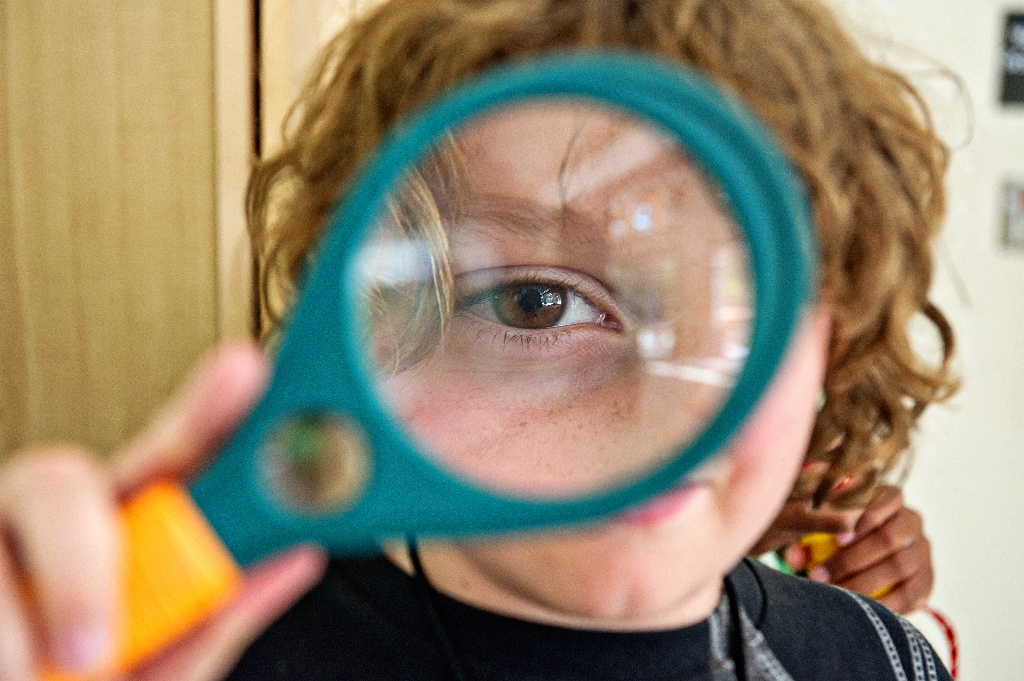
1. It creates predictability
During this time when our environment and public guidelines are rapidly changing—and schools, daycares, summer camps and family gatherings are uncertain—kids are left with little predictability. Creating predictability within your household can help kids regulate their emotions and encourage positive behaviors. Building out daily routines (where possible) is a great place to start, and can help support your child in knowing what to expect and how to respond.
2. It fosters consistency
Consistent structure can help set clear boundaries within your household and create a sense of security for children and adults, alike. Consistent routines can teach kids how to constructively manage themselves and their environments, which will help kids develop their own positive responses to unforeseen change.
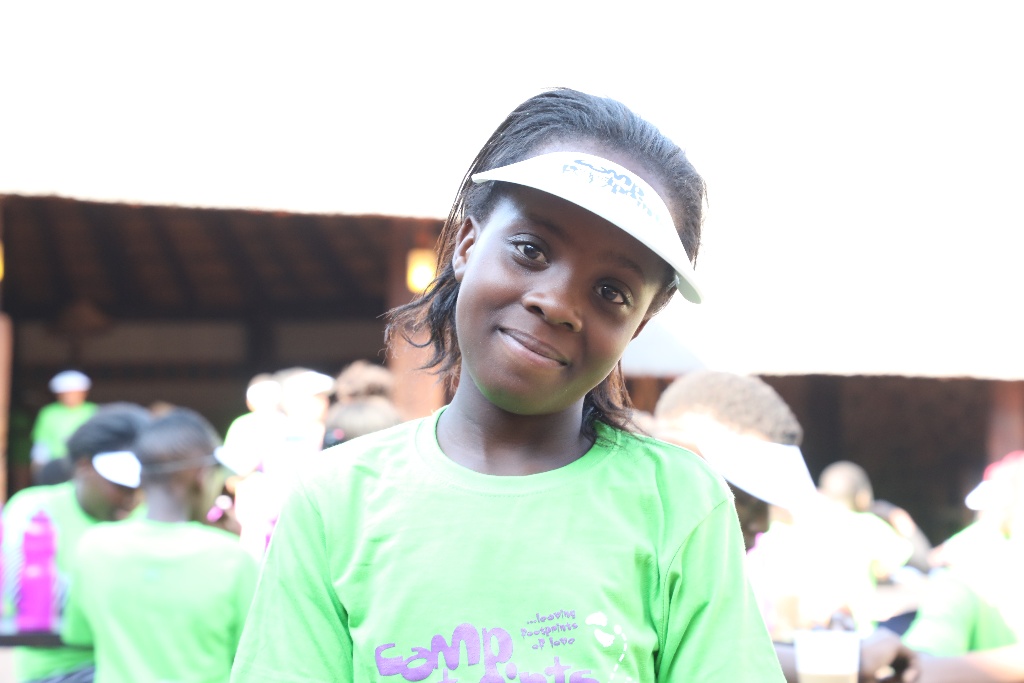
3. It offers kids a sense of control and autonomy
As kids are learning how to adapt to this ever-changing environment—where much can feel out of one’s control—reminding them of what they can control can be especially valuable. To start, include children in the conversation about building structure into your household. If possible, allow kids to have autonomy over small decisions and changes. Creating choice for children will help empower them and give them a sense of control in this unpredictable time.
How to Create Structure at Home
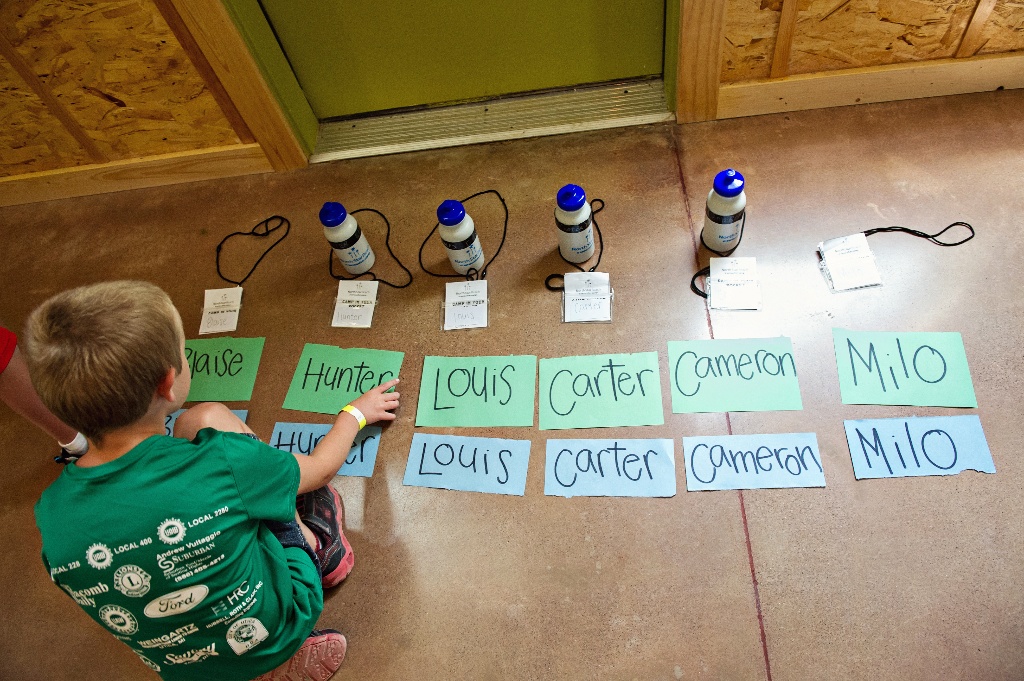
1. Build out a daily schedule
A foundational component of camp is developing an intentional schedule to create predictability for kids; this helps support a sense of safety and security. Try creating a household schedule so your youngsters know what to expect from day to day. If a daily schedule feels too rigid or implausible for your family, try mapping out your week or month instead.
Kids (like adults) often thrive with predictability…it may even encourage positive behaviors and reduce power struggles between you and your kids! As you create a schedule together, be mindful of incorporating some unstructured time to allow your child to choose how they want to spend time and/or decompress.
Pro Tip: For younger children or any child who prefers visual learning, you can try a picture or visual schedule. We use them often to support campers’ varying needs.
2. Get on the same page (literally)
This is something we do at the start of every session. We sit down with campers and lay down some ground rules to maximize success and ensure safety in the form of a “Cabin Contract”. Trying to work from home, meeting the needs of children, and maintaining a household can be an impossible task. Having a set of ground rules will help create structure. Have the whole family come up with a comprehensive list of guidelines and have each family member “sign” the contract. Then hang it up somewhere in your house where it can be seen every day.
Pro Tip: Don’t be afraid to have fun and get silly! Cabin contracts are often known to have guidelines about safety and respect right alongside rules about flushing, burping, and dancing.
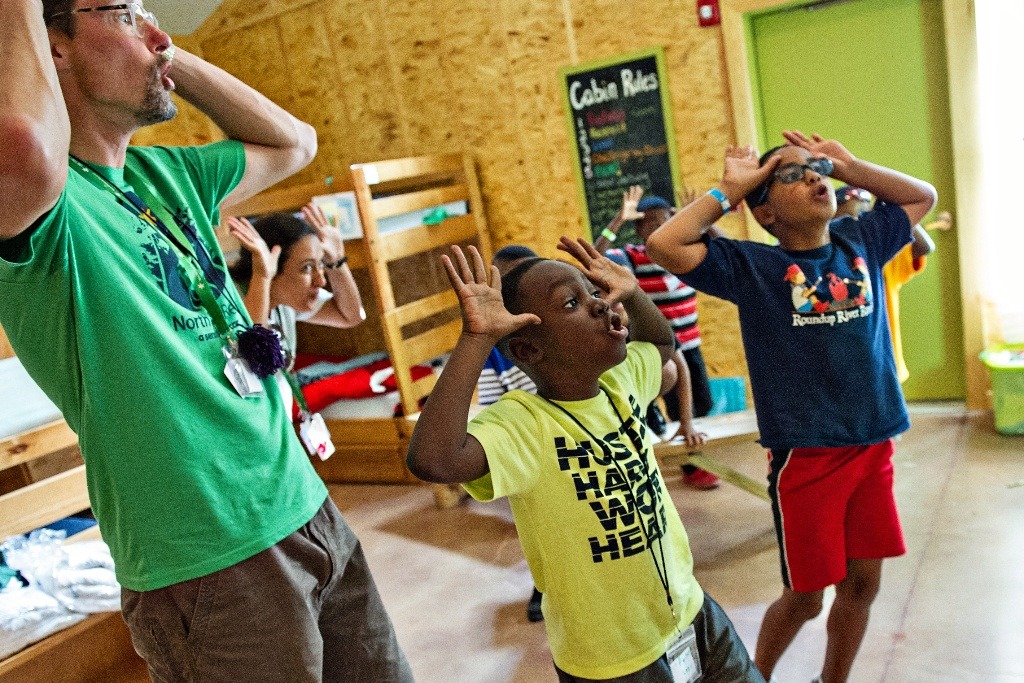
3. Create daily rituals
Rituals are such an important aspect of camp. In fact, they’re woven through the entire camp schedule via activities like mealtime dance parties, sing-a-longs, closing campfire, and nightly cabin chats. Developing rituals at home can help create consistency and predictability, too. Some examples of rituals you might incorporate are morning and bedtime routines, daily reflections, time cues before a change of activity, and daily moments of praise for each family member… as we like to say at camp, the possibilities are endless!
Pro Tip: One daily reflection to try is called Roses, Thorns and Buds. This is where each family member shares their favorite moment during the day (rose), their least favorite moment during the day (thorn), and something they are looking forward to tomorrow (bud).
4. Offer kids space
This season has been tough on many families who are now trying to exist in one space for the majority of the day. If feasible, creating a specific space for each child will give them a sense of ownership and control. This space could be their bedroom, a small section of the living room, or even in a backyard. If possible, make this space one where they can play with limited interruptions and have some much-needed self-care time to decompress. If your child is old enough, they can practice maintaining this space themselves.
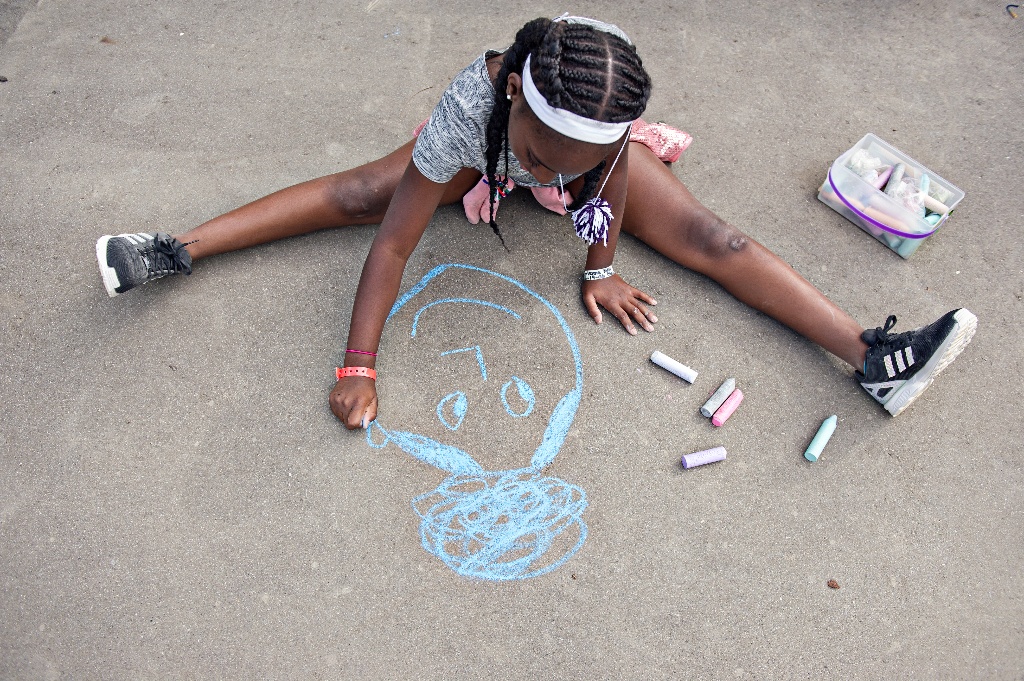
5. Create responsibilities for kids
We all thrive when we feel trusted and empowered to act—whether at home, at work, or at school. Creating set tasks for each child to complete at home is one way to foster feelings of confidence and accomplishment. One simple way to outline a child’s task is in a visual chart form. Once the task is completed, they can give themselves a sticker or check it off. This visual representation can help keep you and your child motivated, and give you a tangible way to praise and recognize their hard work.
Pro Tip: When offering praise, try the DLP method. Never heard of it? Check out what it’s all about here.
6. Leverage mealtimes for family connection
Our days often seem to get busier and busier as we juggle the continuous demands of life. It can feel hard to carve out time to truly connect with your family. Leveraging existing mealtimes can be a great solution. Try structuring your meals with intentional conversations. As a family, write a list of “table topics” that you can slowly go through during your meals. Some examples of “table topics” could be: If you could be a character from a movie, who would you be? What would your dream holiday look like? If you could have any superpower, what would it be?
Pro Tip: Be as a creative or serious or silly as you’d like. Check out these tried and true Cabin Chat questions for more mealtime inspiration. Better yet, jot down your favorites and place them in a jar by your table to pull from whenever you need to!
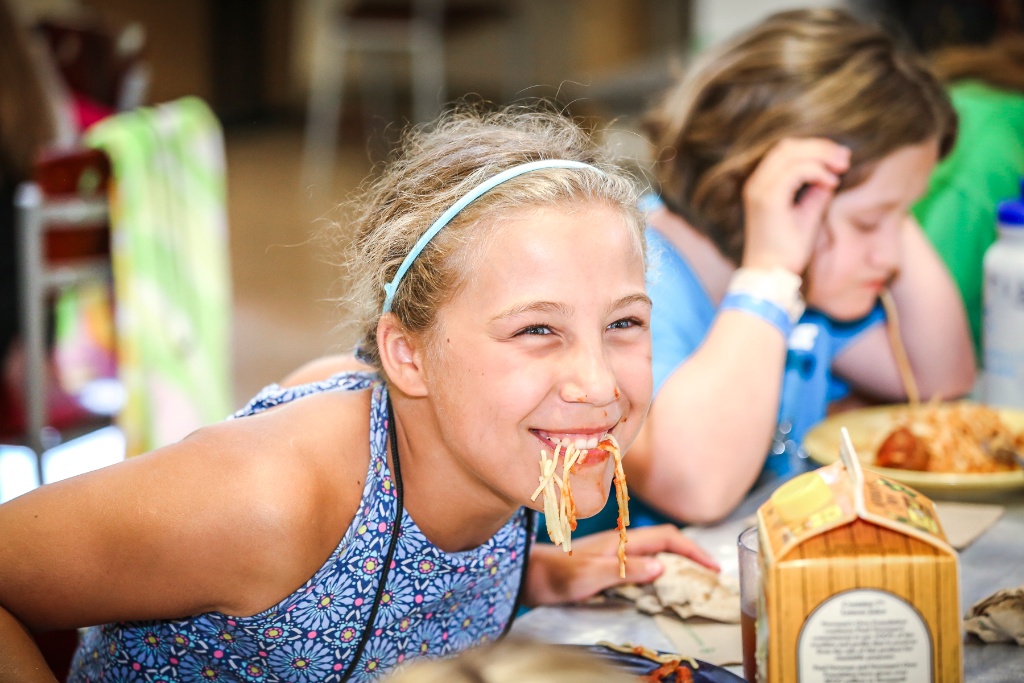
7. Honor one-on-one time for you and your child
It’s so hard to give anything 100% of your attention when you feel like you’re being pulled in all directions. Kids feel this as well. It can be confusing for kids to understand that you are home yet completely focused on something else. Kids may need reassurance to know that their caregivers are still able to focus attention on them. To give kids this reassurance, try setting aside a specific time every day or week just for the two of you. Allow your child to choose an activity and, if possible, try to ensure this is uninterrupted time together.
As the health and safety of our campers, families, volunteers, and staff is always our top priority, we're closely monitoring COVID-19 here at SeriousFun. To learn more and check on the status of upcoming or future camp and program sessions, please click here.
For more information about SeriousFun Children's Network, visit www.seriousfunnetwork.org or contact us at info@seriousfunnetwork.org.







